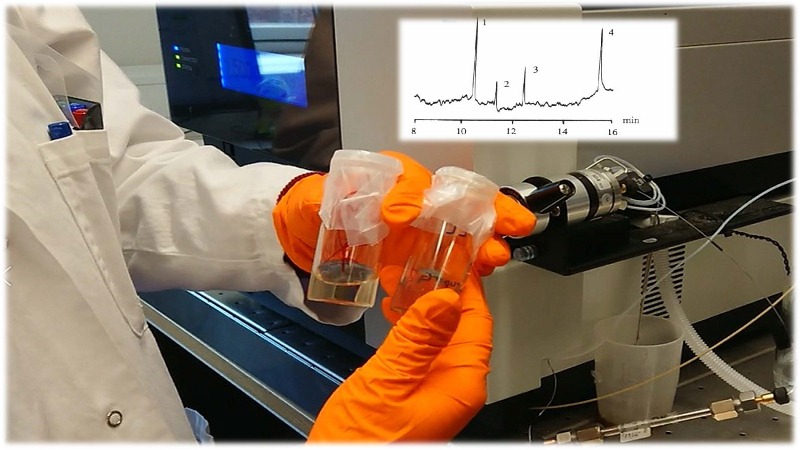The lectures discuss basic principles of different separation techniques and give a summary of a few of the most important methods like capillary gas chromatography, HPLC, capillary electrophoresis and combinations of these with mass spectrometry. In this connection, specific instrumental aspects, sample workup methods, optimizing of separations and problem solving, are discussed. When relevant the different methods, techniques and applications are also discussed regarding environmental and sustainability issues.
The laboratory course includes a group assignment or minor project, which is often related to an ongoing research project or a relevant industrial project.
After completion of the course the student will be able to:
- Explain the basic principles for gas chromatography, liquid chromatography, capillary electrophoresis and mass spectrometry, describe the different methods, which are used in each technique respectively and the instrumental variants that exist.
- Suggest and explain how the method development and the optimization can be accomplished for the different techniques.
- Participate actively in the demonstration laboratory exercises.
- Define and compare the different methods, choose technique/method for specific analysis problems and motivate the choices also with respect to environmental and sustainability aspects.
- Plan, perform and evaluate a laboration project in a group, present the lab project in a written report and an oral presentation for the other students in the course.
